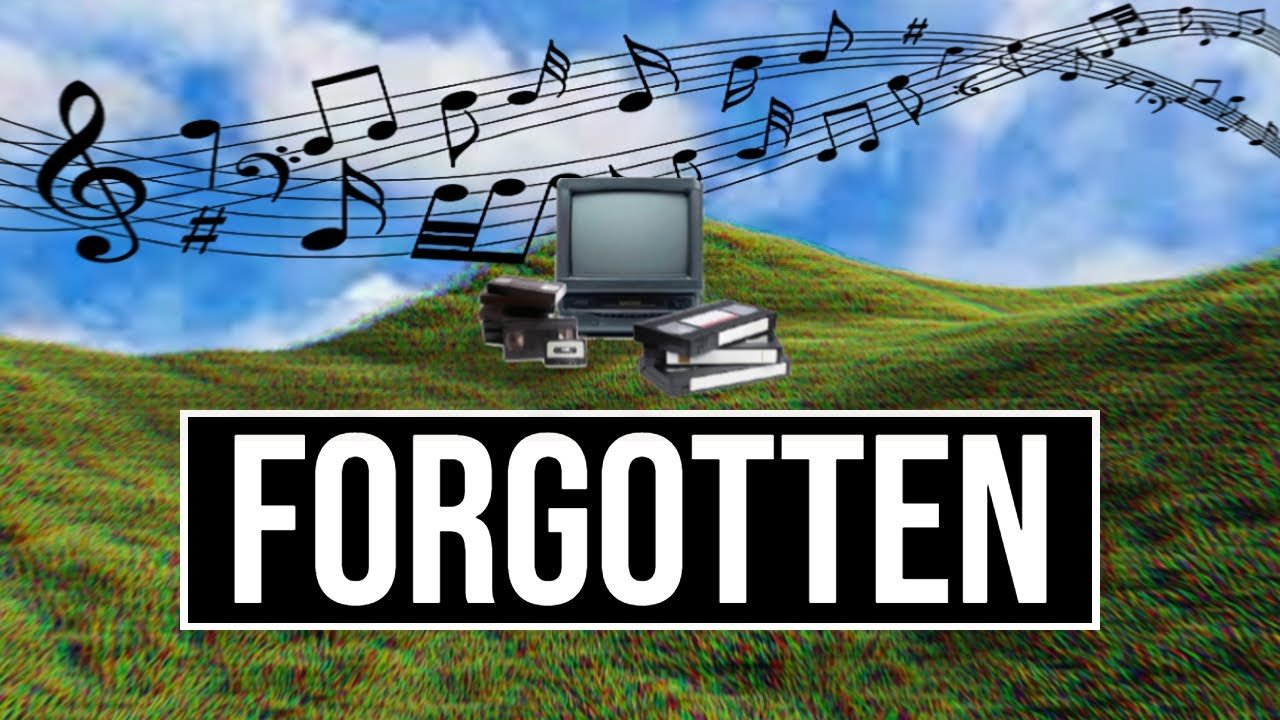In an era where almost every piece of information seems a click away, the internet has developed a unique obsession with solving musical mysteries, particularly identifying lost songs. This phenomenon isn’t just about nostalgia; it represents a collective effort to preserve and recognize forgotten pieces of our cultural heritage. One of the most captivating cases is the search for a song known only as “The Most Mysterious Song on the Internet,” which has spurred a global online detective story spanning over a decade.
Key Highlights:
- The quest began in 2007 when a user posted an excerpt of an unidentified song online, leading to widespread interest.
- Various online communities, including Reddit’s r/TheMysteriousSong, have been instrumental in piecing together clues.
- Despite extensive research and theories, the song remains unidentified, showcasing the limitations and determination of internet sleuthing.
- The search has led to discussions about copyright issues, the importance of digital archiving, and the challenges of verifying historical information online.

The Rise of Digital Detectives
The journey to identify lost songs often starts with a simple online post, where someone shares a snippet of music seeking the title or artist. This was the case in 2007 when a user named Lydia posted a 1:15 excerpt of a song to various forums, sparking widespread intrigue. The song, characterized by its 80s synth-pop vibe, became a viral sensation, leading to the creation of dedicated online communities focused on uncovering its origins.
Community Efforts and Challenges
The search for “The Most Mysterious Song on the Internet” showcases the lengths to which internet users will go to solve a puzzle. Participants have engaged with music databases, contacted radio DJs, and even analyzed the song’s audio characteristics for clues. Despite these efforts, the song’s artist and title remain elusive, highlighting both the power and limitations of crowd-sourced investigations.
The Importance of Digital Archiving
This phenomenon underscores the need for digital archiving and the preservation of cultural artifacts. Songs that once might have disappeared into obscurity now have the chance to be rediscovered and appreciated by new generations, thanks to the internet’s vast reach and the dedication of its users.
The Role of Copyright and Ethical Considerations
The quest to identify lost songs also raises questions about copyright and ethics. In some cases, individuals have attempted to claim ownership of unidentified songs, leading to legal and moral dilemmas. This highlights the importance of diligent research and verification in the digital age, ensuring that creators receive due recognition and compensation for their work.
A Collective Journey of Discovery
The search for lost songs like “The Most Mysterious Song on the Internet” is more than just a quest for answers; it’s a testament to the human desire for connection and understanding. It shows how digital platforms can bring people together from across the globe to collaborate on a shared goal, building communities and friendships along the way.
The internet’s obsession with identifying lost songs is a fascinating intersection of technology, culture, and mystery. While the quest for answers can be fraught with challenges, it also offers valuable lessons about collaboration, perseverance, and the importance of preserving our musical heritage. As the search for “The Most Mysterious Song on the Internet” and others like it continues, we are reminded of the endless possibilities and limitations of our connected world. This journey, characterized by both frustration and hope, symbolizes the collective human pursuit of knowledge and the enduring power of curiosity.


















